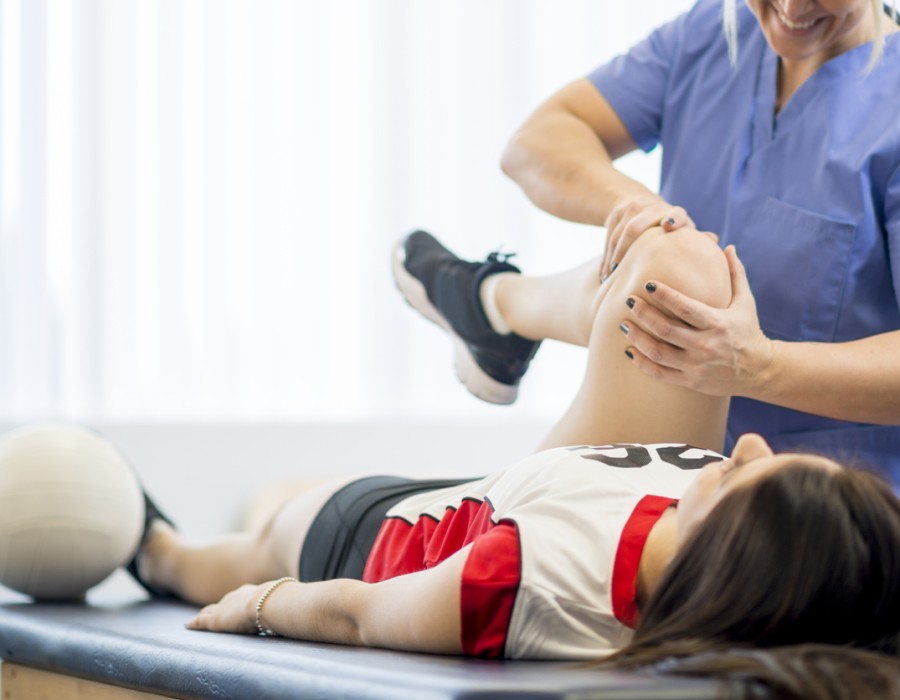A sports injury surgeon plays a crucial role within a professional sports team, offering specialized medical care to athletes who sustain injuries during training or competition.
Here are some key aspects of their role:
- Diagnosis and Evaluation: Sports injury surgeons are responsible for diagnosing and evaluating the extent of athletes' injuries. They often work closely with other members of the sports medicine team, such as athletic trainers and physical therapists, to assess the injury's severity and develop an appropriate treatment plan.
- Treatment Planning: Once an injury is diagnosed, the sports injury surgeon devises a treatment plan tailored to the athlete's specific needs and goals. This plan may include both surgical and non-surgical interventions, depending on the nature and severity of the injury.
- Surgical Intervention: In cases where surgery is deemed necessary, the sports injury surgeon performs the procedure using advanced surgical techniques. Common surgical procedures performed by sports injury surgeons include ACL reconstruction, meniscus repair, and shoulder stabilization.
- Postoperative Care: After surgery, the sports injury surgeon oversees the athlete's postoperative care, ensuring proper rehabilitation and monitoring progress throughout the recovery process. They may collaborate closely with physical therapists to design rehabilitation programs aimed at restoring strength, mobility, and function.
- Injury Prevention: Sports injury surgeons also play a role in injury prevention strategies within the sports team. They may provide education and guidance on proper training techniques, conditioning programs, and injury prevention exercises to help athletes reduce the risk of future injuries.
- Return to Play Decision-Making: One of the critical responsibilities of a sports injury surgeon is determining when an athlete is ready to return to competition safely. They assess the athlete's recovery progress, functional abilities, and risk of reinjury before clearing them for full participation.
- Collaboration and Communication: Sports injury surgeons work collaboratively with other members of the sports medicine team, including athletic trainers, physical therapists, team physicians, and coaches. Effective communication and teamwork are essential for ensuring coordinated care and optimal outcomes for the athletes.
- Research and Innovation: Many sports injury surgeons are actively involved in research and innovation within the field of sports medicine. They may conduct clinical studies, contribute to medical literature, and explore new techniques or technologies to improve the diagnosis, treatment, and outcomes of sports-related injuries.
Overall, the role of a sports injury surgeon is integral to the health and performance of athletes within a professional sports team, encompassing various aspects of injury management, treatment, rehabilitation, and prevention.





Comments